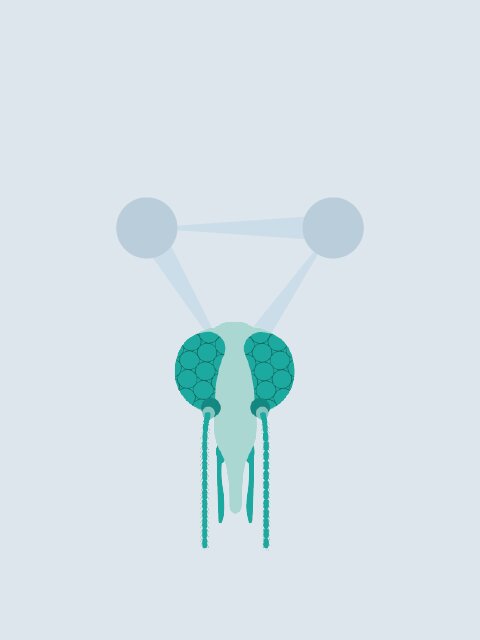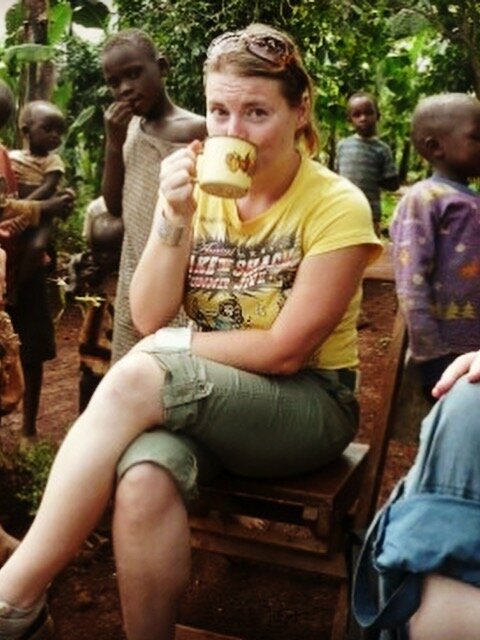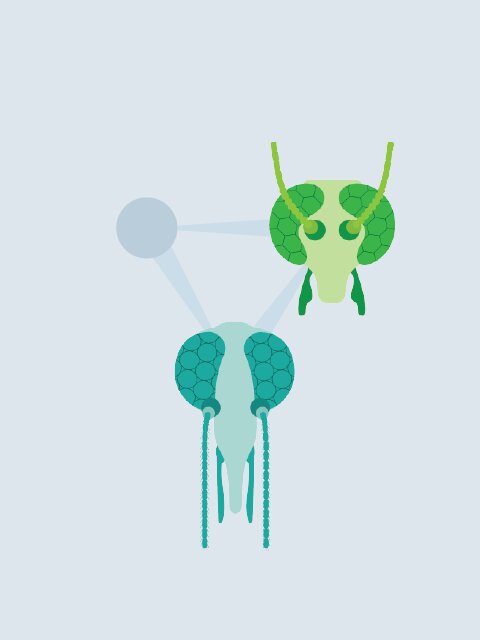Members directory

Dr
Thomas
Walker
I am a medical entomologist interested in novel mechanisms for control of mosquito-borne diseases. My principle research aims to determine if the endosymbiotic bacterium Wolbachiacan be used to significantly reduce the transmission of diseases in mosquitoes. I previously worked on the Eliminate dengue project (http://www.eliminatedengue.com) in which I generated dengue-refractoryAedes aegypti mosquitoes and assessed dengue vector competence and effects on mosquito fitness. One of the lines I generated has been released into wild mosquito populations in dengue-endemic countries including Colombia, Brazil, Vietnam and Indonesia.

Professor
SAMUEL
WANJI
Research on Filariases (Biology, Epidemiology and Control). Research on Podoconiosis (elephantiasis of non filarial origin): Mapping and Control. Research on Malaria transmission and vector control

Professor
Alon
Warburg
Ecology, Leishmania transmission, Sandfly behaviour

Dr
Gareth
Weedall
Genomics of vectors and pathogens; host pathogen interactions

Mr
Willian
Will
PhD student of the Postgraduate Program in Environmental Sciences and Conservation of the Federal University of Rio de Janeiro (UFRJ / NUPEM). Master's degree from the Graduate Program in Environmental Sciences and Conservation at the Federal University of Rio de Janeiro (UFRJ / NUPEM). She holds a degree in Biological Sciences from the Fluminense North State University Darcy Ribeiro (UENF). Currently conducting research at the Integrated Laboratory of Morphofunctional Sciences, located at the Specialized Institute of Biodiversity and Sustainability (NUPEM / UFRJ), working in the following areas: Fauna survey, identification, biology and ecology of vectors with emphasis on the families Culicidae and Simuliidae. In addition, he also works in the area of Developmental Biology of Simuliidae.

Dr
Laura
Willen
Saliva of blood sucking insects
Vector biology
Vector-borne disease epidemiology

Dr
Anthony
Wilson
My research interests include how environment affects the ability of insect populations to transmit pathogens of veterinary and public health importance, and how we build models of this transmission that predict the consequences of environmental change and allow us to design effective control strategies.

Dr
Rachel
Wiltshire
Anopheles population genomics

Dr
William
Wint
Spatial Distribution Modelling

Dr
Gavin
Wright
1) Vaccine target identification for neglected tropical infectious disease including visceral leishmaniasis (L. donovani), animal African trypanosomiasis (T. vivax and T. congolense) and malaria (P. falciparum). We have large panels of recombinant cell surface and secreted proteins from these pathogens and also murine infection models set up for L. donovani, T. vivax, and T. congolense.
2) Host-pathogen interactions. We have developed systematic genome-scale platforms to identify host receptors for parasite ligands.
3) Diagnostics: we can use our panels of proteins to identify markers of exposure.